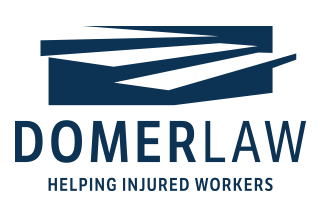The national trend toward independent contractors and gig jobs doesn’t show any sign of slowing. That means we’re likely to see a lot more workers with job-related injuries who can’t claim workers’ compensation. But what goes for the nation doesn’t always hold for Wisconsin.
Governor Evers recently created a new task force to police payroll fraud and worker misclassification. Employers often try to save money by calling people independent contractors when they should really be employees. They might do this to get off the hook for employee benefits like vacation time, health insurance and workers’ compensation. But you don’t stop being an employee just because your employer calls you something else.
You might be an employee and not even know it
According to the Wisconsin Department of Workforce Development (DWD), it’s far less common for people to actually be independent contractors than to simply think they are. You might think you’re an independent contractor, your employer may call you one, and you might both have signed an agreement to that effect. But that agreement might be invalid if you don’t satisfy a steep, nine-part test to qualify as an independent contractor.
Some of the more notable requirements include:
- You must have your own workspace, not an assigned route or workplace.
- You have your own Federal Employer Identification Number (FEIN) or have filed earlier business or self-employment returns with the IRS.
- Your work could result in profit or loss.
- You can show that you have costs like fees, liability insurance or office rental that you need to keep up even when you’re not working.
Altogether, the nine requirements listed by the Wisconsin DWD make it far more likely that you count as an employee than that you don’t.
Defend your rights
The vast majority of Wisconsin workers are employees. Nearly all Wisconsin employers must carry workers’ compensation. And you might have more of a right to workers’ compensation than you were led to believe. If you’ve been hurt on the job, you want to know your rights. Knowing your rights is the first step to defending them.


